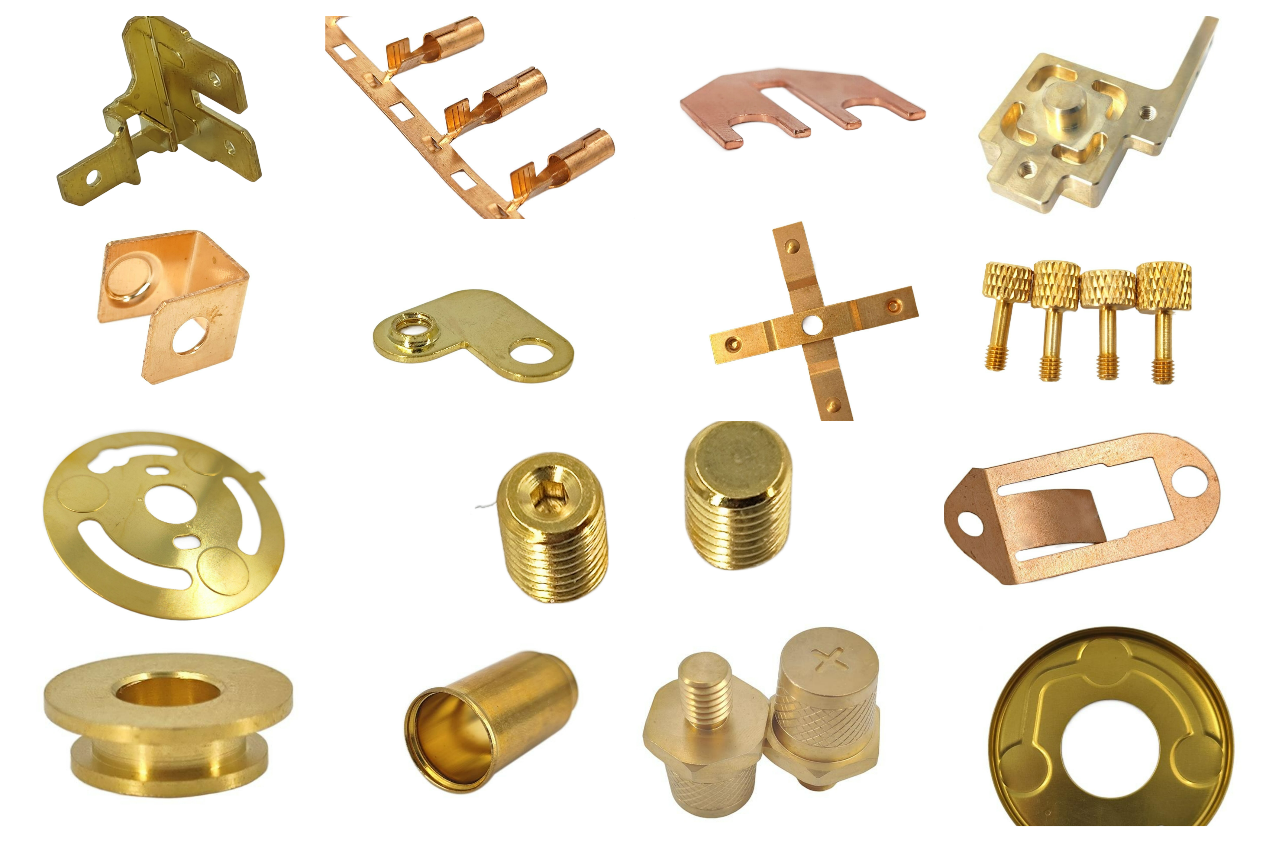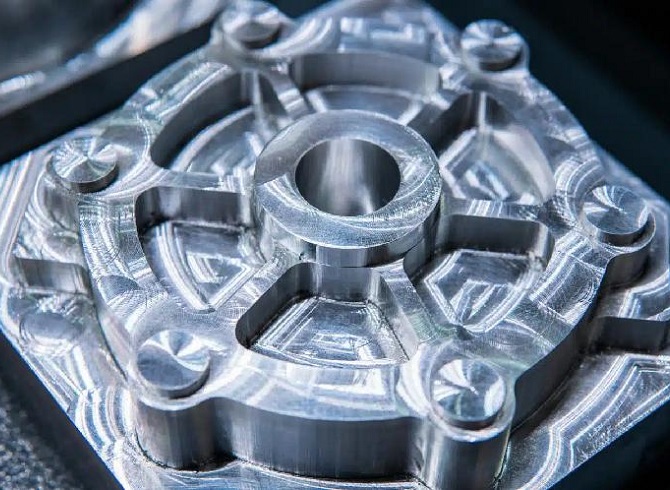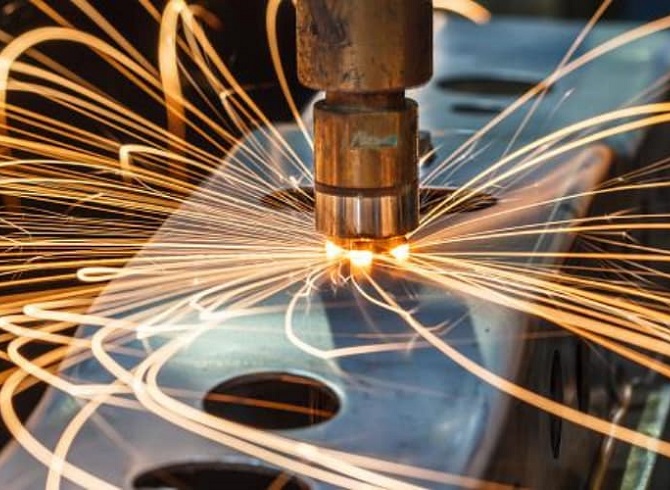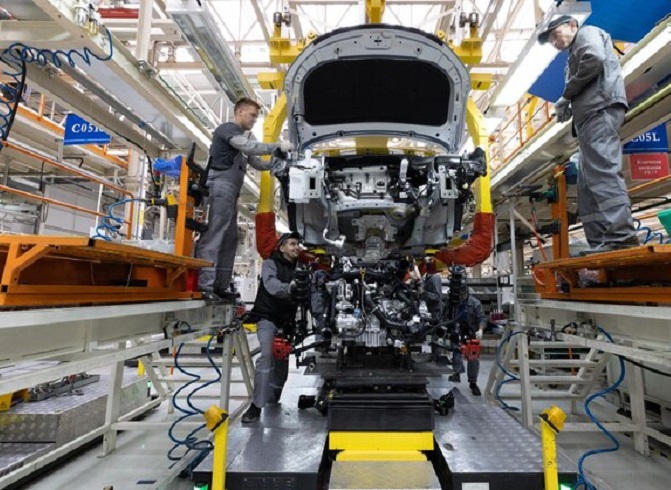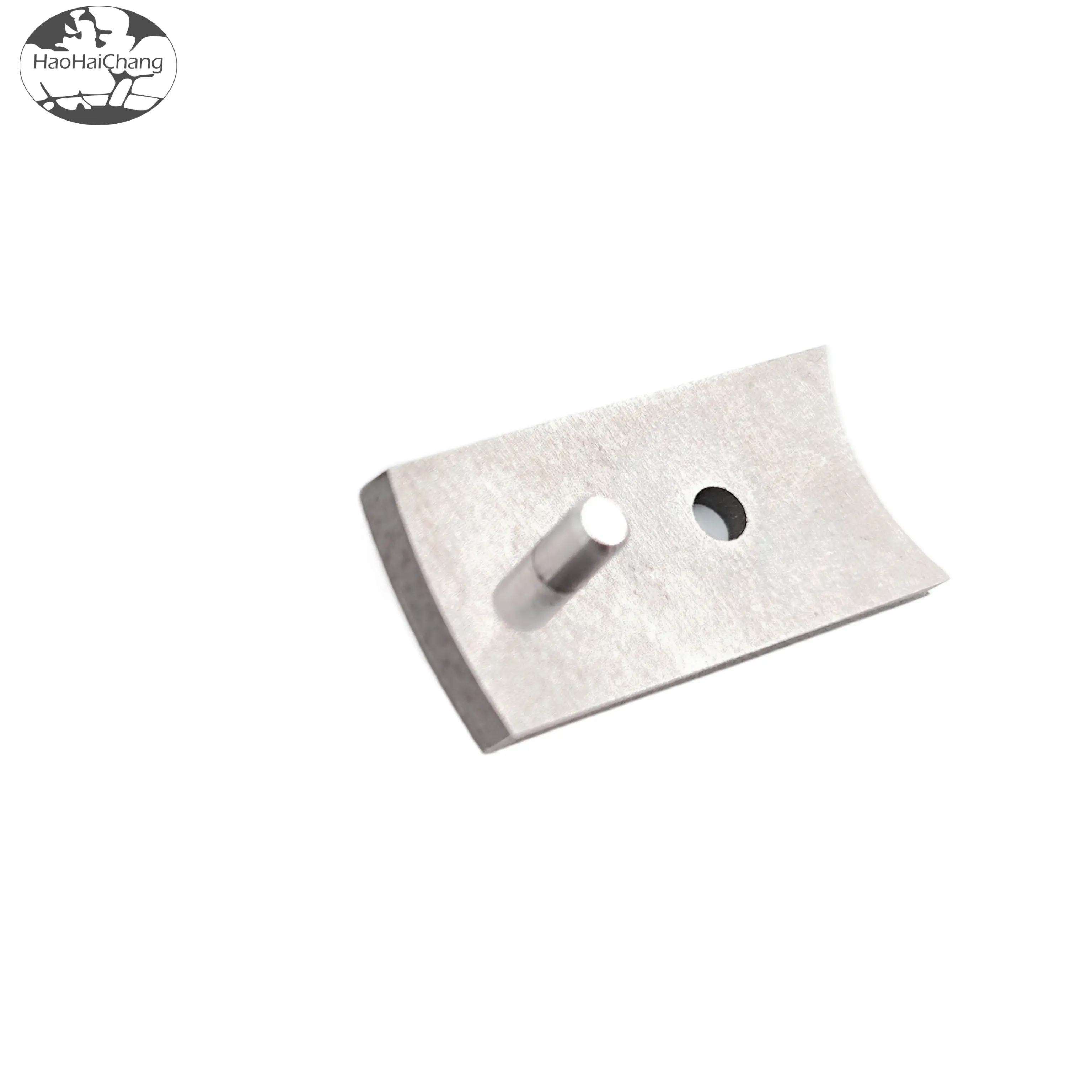
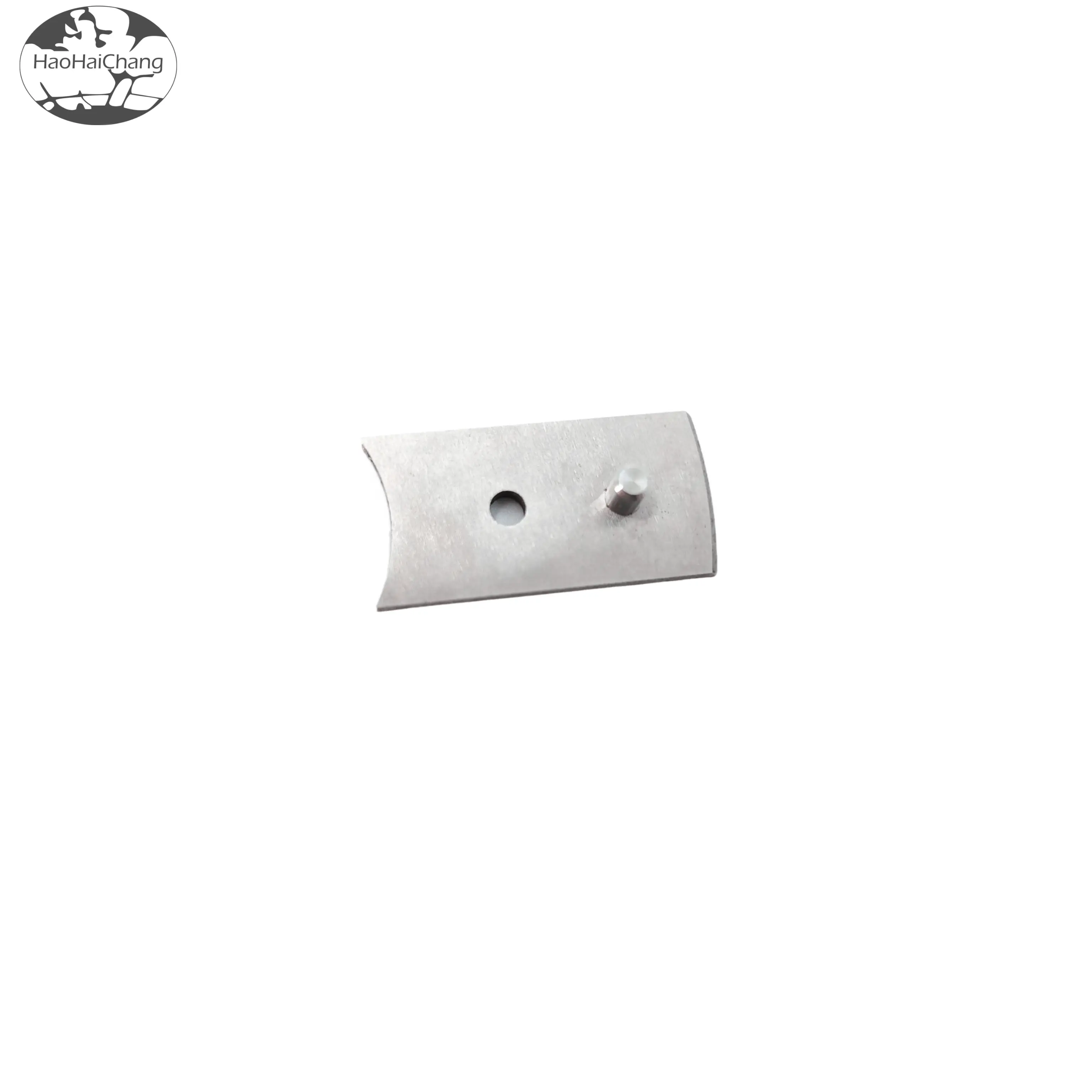
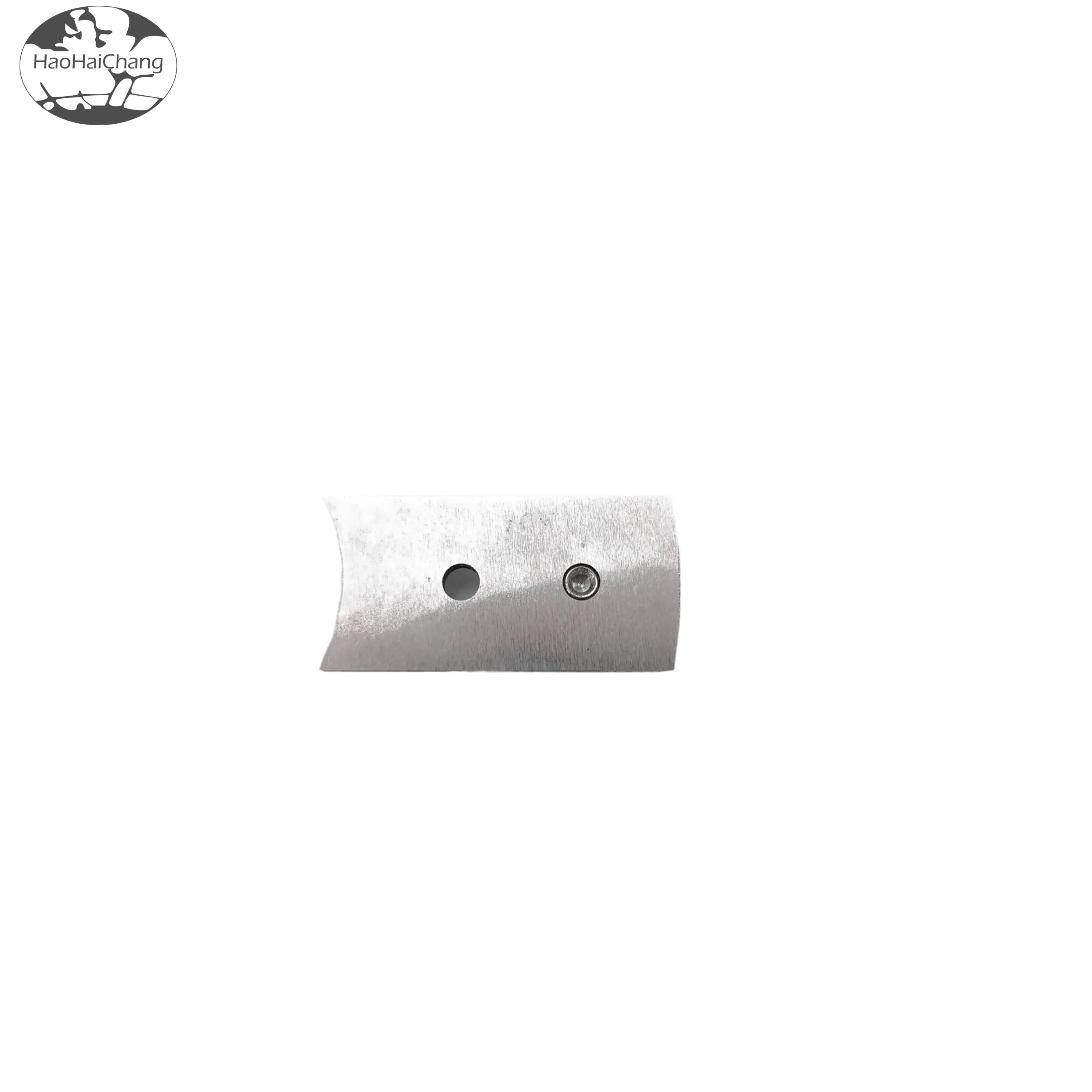

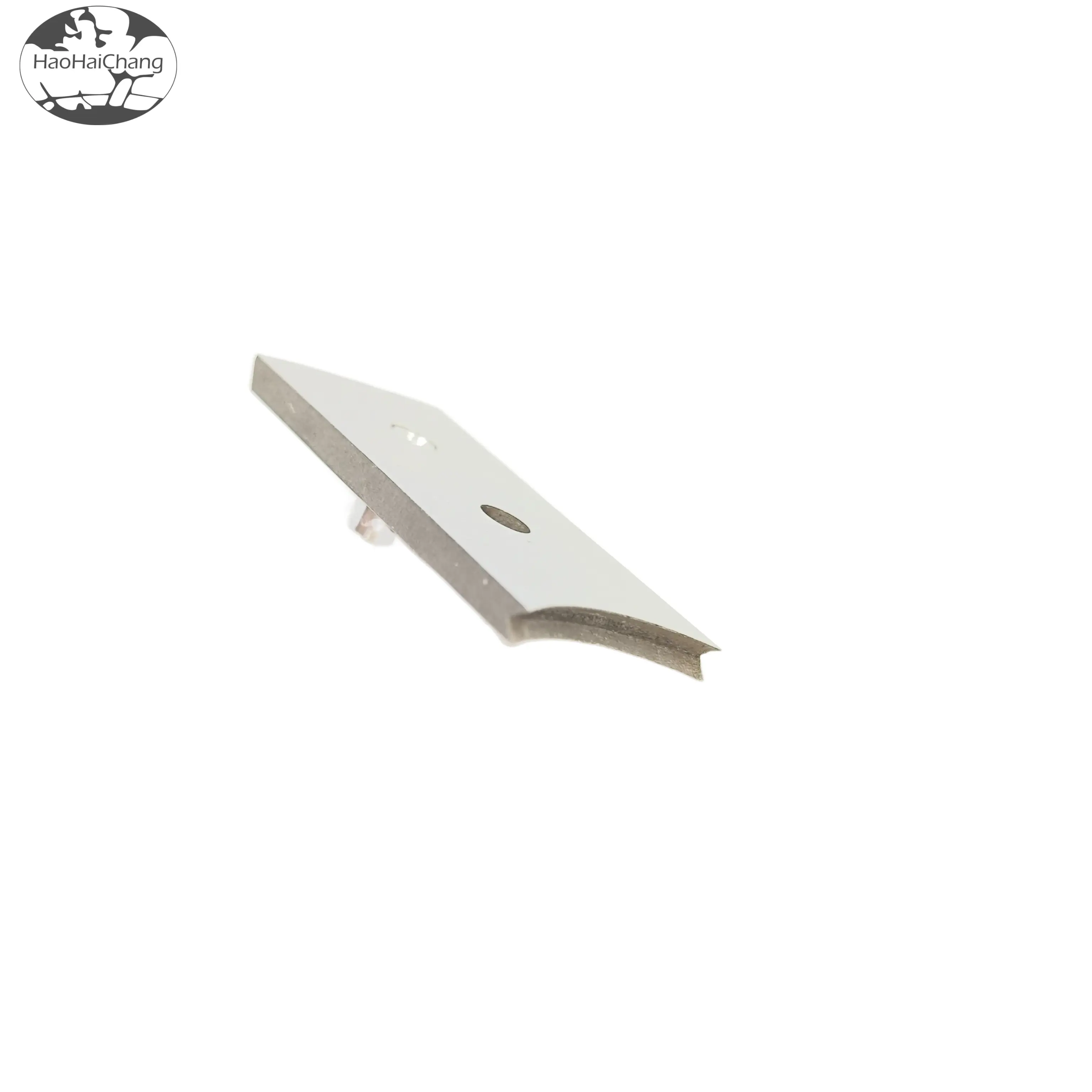
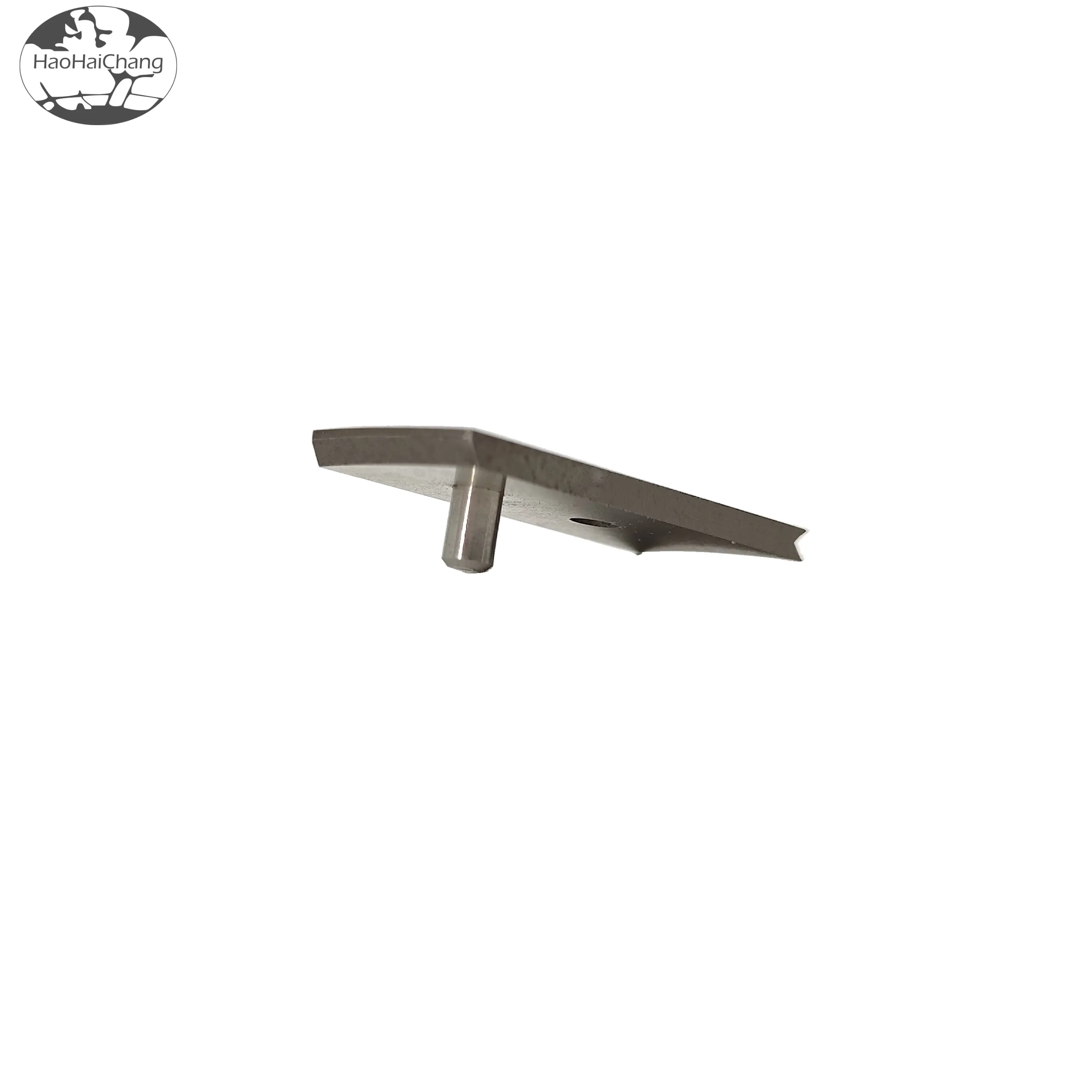






Material: Titanium alloy
Process: CNC Machining
Finish: Cleaning
Size: Custom
Alloy Type | Density | Electrical Conductivity | Thermal Conductivity | Melting Point | Hardness | Strength | Ductility | Corrosion Resistance and Oxidation |
Pure Copper | 8.9g㎝³-9.0㎝³ | 56*10^6-59*10^6 | 390-400 W/m·K | 1083°C | 60-95HB | 200-680Mpa | Approximately | Good corrosion resistance; prone to oxidation and rust in the air |
Copper-Zinc | 900-940°C | 60-140HB | ||||||
Copper-Aluminum Alloy | 600-900°C | 80-180HB | ||||||
Copper-Tin Alloy | 850-1000°C | 60-110HB | ||||||
Copper-Nickel Alloy | 1200-1450°C | 100-300HB |
Copper holds a significant position in the metal manufacturing industry and is widely used in the production of various metal components and products. Copper is not only utilized in its pure form but also in various alloy forms, such as brass (copper-zinc alloy), bronze (copper-tin alloy), and copper-nickel alloy, among others. These alloys possess different properties, including hardness, strength, and corrosion resistance, allowing for the selection of the appropriate copper alloy based on specific application requirements. The properties and parameters of copper and copper alloys are listed in the table below:
Due to its exceptional electrical conductivity, copper alloys are the ideal choice in electronic and electrical engineering. Using copper alloys in metal components ensures smooth electrical current conduction, reduces resistance, minimizes energy losses, and maintains circuit stability. This is particularly crucial in the manufacturing of wires, connectors, and electronic components.
Copper's outstanding thermal conductivity makes it a vital material in heat exchange equipment and radiators. Employing copper alloys in metal components aids in the rapid dispersion and transfer of heat, maintaining temperature stability, preventing overheating, and damage. This is especially critical in the production of equipment and products requiring effective heat dissipation.
Copper alloys exhibit good corrosion resistance, particularly against water and most chemicals. This makes copper alloys suitable for the manufacture of corrosion-resistant metal components, such as faucets, valves, and pipelines. In humid or corrosive environments, copper alloys can maintain their performance and appearance.
Copper and copper alloys are easily workable and possess good machining properties. This enables metal manufacturers to efficiently process and shape copper alloy parts, reducing production costs. Copper alloys can undergo various machining operations, including milling, drilling, cutting, and stamping.
Copper alloys offer diverse mechanical properties that can be tailored according to the alloy type to meet the requirements of different applications. This includes aspects such as strength, hardness, and wear resistance. Therefore, suitable copper alloys can be chosen to fulfill the mechanical performance needs of specific metal components.
Copper is a recyclable material, contributing to reduced resource waste and environmental impact. It aligns with the requirements of sustainable manufacturing and green production.
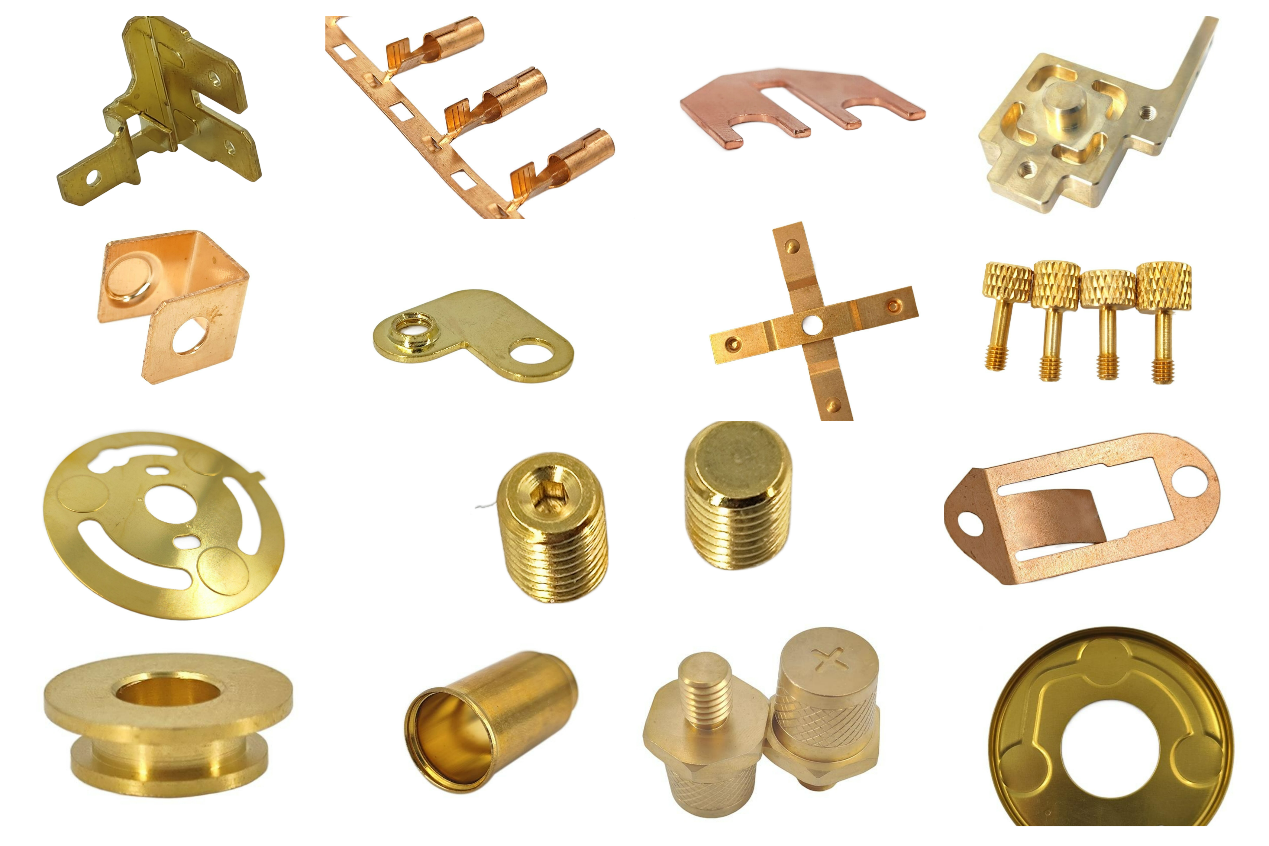
Copper-produced metal products encompass a wide range, including copper expansion parts, copper flanges, copper brackets, copper busbars, copper clamps, copper springs, copper rivets, copper terminals, copper lathe parts, copper pins, copper screws, and more.
These products find applications in various industries, including the electronics sector, medical equipment industry, thermostat industry, household appliances sector, energy storage field, new energy sector, automotive industry, and more.
